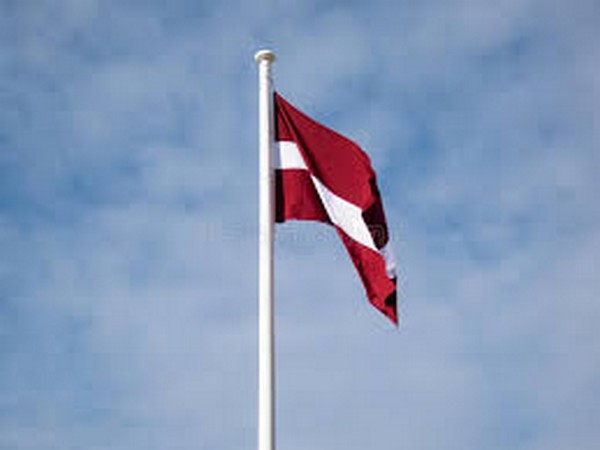Latvian premier's party emerges on top in general election

- Country:
- Latvia
Prime Minister Krisjanis Karins' ruling centre-right party won the most votes in Latvia's general election, centrist parties were runners-up and pro-Moscow parties crashed in a vote that was shaped by neighbouring Russia's war in Ukraine and divisions among the Baltic country's sizable ethnic Russian minority.
With almost all votes counted, initial results showed on Sunday that Karins' New Unity party had taken 18.9 per cent of votes, while the opposition Greens and Farmers Union was second with 12.8 per cent and the new centrist electoral alliance United List — made up of several regional parties — was third with 11 per cent.
Only eight parties or electoral alliances passed the 5 per cent barrier and secured representation at the 100-seat Saeima legislature.
The centre-right National Alliance and the centrist Development/For!, which are both members in Karins' current minority coalition government, are among them.
Karins, a 57-year-old dual Latvian-US citizen born in Wilmington, Delaware, told media outlets earlier that it would be easiest to continue with the same coalition government if New Unity wins.
None of the parties catering to Latvia's ethnic Russian minority, which makes up more than 25 per cent of the country's 1.9 million population, managed to secure a seat at Parliament.
The election on Saturday was a blow particularly for Harmony, a Moscow-friendly party that traditionally served as an umbrella for most of Latvia's Russian-speaking voters, including Belarusians and Ukrainians.
Harmony received a mere 4.8 per cent of votes in comparison to the 2018 election, when it garnered almost 20 per cent of the vote, the most of any single party, but was excluded by other parties from entering the government.
Russia's invasion of Ukraine on February 24 had a substantial effect on voter attitudes, observers say, and resulted in a deep division between Russian-speakers opposing and those supporting the war.
Latvia's economic situation, including soaring energy prices, was the main election issue.
Initial voter turnout was 59 per cent, the Central Election Committee said. It is an increase of around five percentage points from the 2018 election.
Latvia joined the European Union and NATO in 2004.
(This story has not been edited by Devdiscourse staff and is auto-generated from a syndicated feed.)
ALSO READ
Russia calls Swedish plans for NATO base in Baltic a provocation - RIA
Germany says Russia very likely responsible for Baltic GPS disruptions
Nordic, Baltic nations urge EU, NATO help for Ukraine
Greenpeace targets Russia-linked Baltic Sea fuel tanker
Diplomat tapped as Latvia's new foreign minister as incumbent quits following flights scandal










